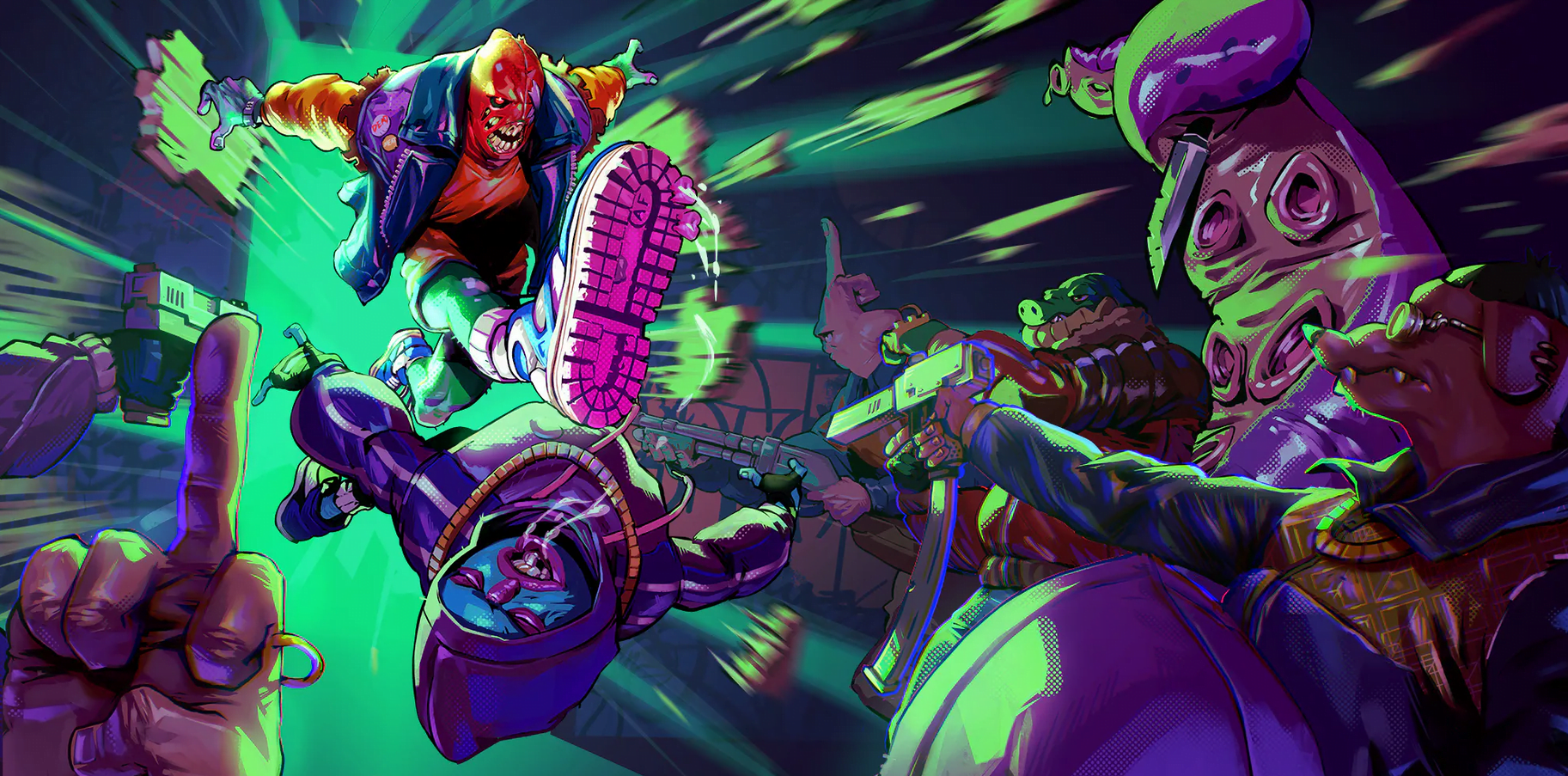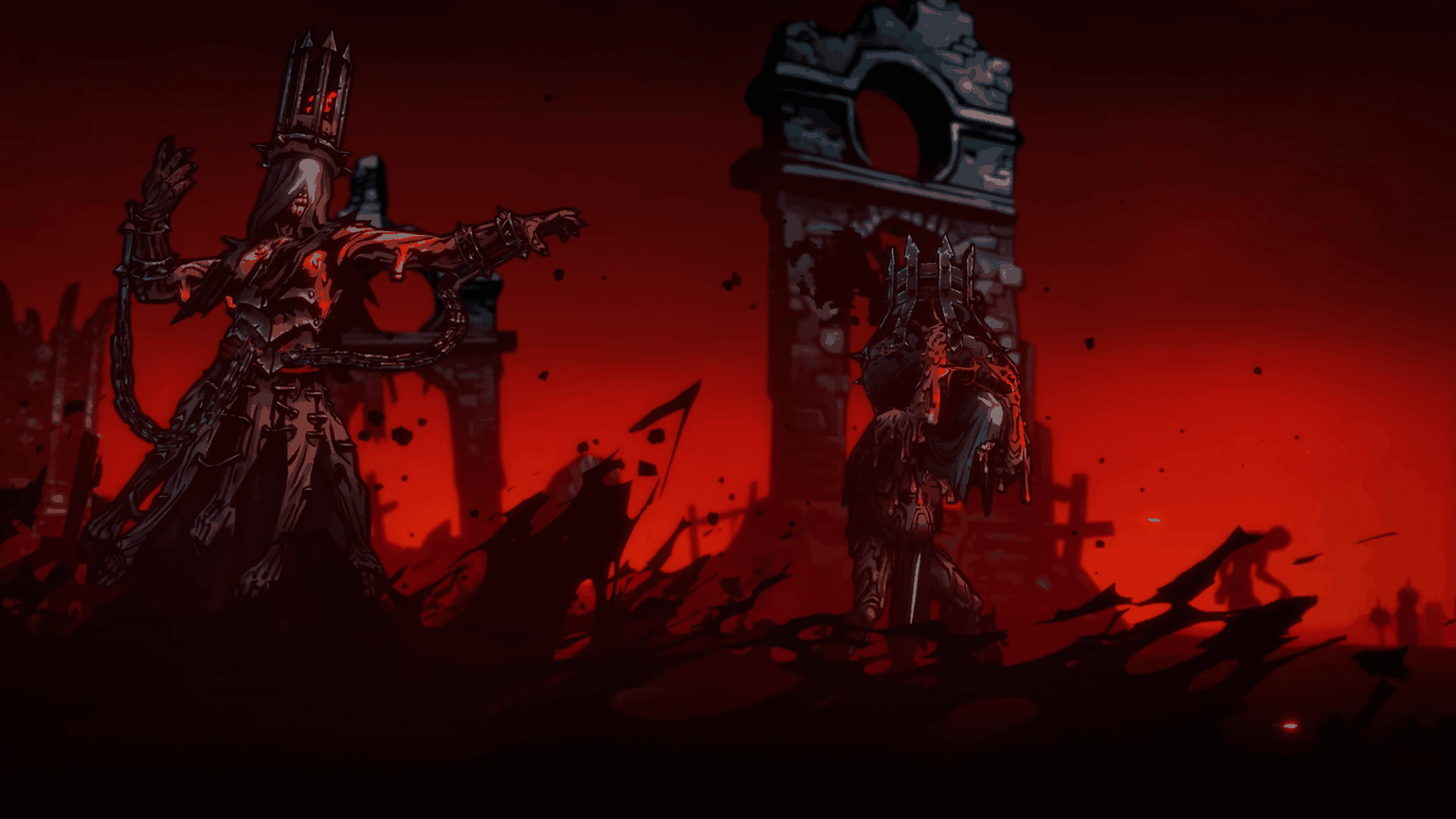This War of Mine is a sharp, tightly constructed story about suffering. It’s unafraid to pull punches. It’s unwilling to relent in its stark, strong emotional gravitas. It’s also the best game I’ll probably never play again.
Set in a fictional civil war, This War of Mine chronicles the struggle and story of civilians. Coming from disparate and different backgrounds, they’re drawn into the war from home and abroad for different reasons. Unfortunately, no matter their differences, their objectives remain the same: survive.
There’s not much of a plot behind it. It’s in an ambiguous eastern European country, evidently heavily influenced by the Bosnian war. It’s littered in Supremacist ruin, suggesting a timeframe shortly after the fall of the Soviet Union. It’s a beautiful game whose art design perfectly fits its tone and story, with little to no humour in the game. It’s consistent and fluid, perfect for the game’s intentions. There’s no big end boss, no primary objective marker, no story quests. In fact, This War of Mine tells a very specific story in a very specific way, and its strengths and weaknesses stem from that curious design decision.

This War of Mine has no overarching plot. It has no central conflict, no real, understandable climax, and no denouement. What semblance of a story or exposition is tightly woven into its mechanics and the small pieces of information dotting its rubble-filled landscape. Like the fictional war it chooses to portray, This War of Mine’s story is brutally earnest, minimalist, and highly personal. There are people here, yes, with backstories that underline the general suffering associated with the war. But it’s not about Pavle or Bruno or Katia: it’s about the war itself.
This War of Mine’s central character is the war. Embodied through the people that labor to live another day, the war is an ultimately uncaring, unrelenting force that quickly forces harsh moral dilemmas. No matter your personal beliefs, no matter what you attempt to do, or what sort of ending you hope for, the war cultivates a particularly irksome system that punishes idealism and rewards pragmatism.
It opens with Hemingway’s Notes on the Next War: “In modern war…you will die like a dog for no good reason.” To succeed, you need to be ruthless like animals, and you will die like animals. That’s the underpinning notion of This War of Mine.
Every day the inhabitants of your apartments starve, fight off depression, and jones for cigarettes and coffee. Every single day. And any semblance of plentifulness goes out the window from the very first day as you’re forced to scavenge the ruins of the nation, finding whatever you can use in the wake.
However, because you’re not the only one, This War of Mine forces you to make decisions about whether the choices you make are right. It’s necessary, mind you. It’s always necessary. That’s what it espouses.
You have to mug that old couple – even as the wife is dying and needs her medication – because you’re young and strong and you need to bandage up your comrades. You need to steal from the hospital because they’ve got bandages and supplies and you need them to barter for food. You need to steal food from the unsuspecting families around you because otherwise you don’t eat. It steels you to make hefty moral decisions that affect the metal well-being of your inhabitants.
This War of Mine is split up into main components, one of them directly influencing the other: daytime and nighttime. During the day, your group can build, eat, and sleep. Daytime gives you ample time to prepare for the night, barter with people, and meet the many barterers, runaways, and neighbors at your doors. It feels a lot like a charcoal-brushed Sims game. You have your inhabitants do odd chores, cook food, and sleep. At night, the game becomes a 2D closed-level stealth game, thrusting you into an area with a limited amount of time. There, as your character looks for supplies, do you find the cruelties in This War of Mine.
 Sometimes it’s soldiers nonchalantly talking about “hitting” aid trucks sent by humanitarian groups. Other times it’s the terse, sharp anguish of a father of two recently-deceased daughters. Everybody is hit by the war, some respond to it with cruelty, others respond to it with community. For the most part, the game eagerly thrusts you into the former, telling you that if you don’t rob or kill these people, you will die.
Sometimes it’s soldiers nonchalantly talking about “hitting” aid trucks sent by humanitarian groups. Other times it’s the terse, sharp anguish of a father of two recently-deceased daughters. Everybody is hit by the war, some respond to it with cruelty, others respond to it with community. For the most part, the game eagerly thrusts you into the former, telling you that if you don’t rob or kill these people, you will die.
When one of my inhabitants got really sick, I had to go to the hospital. I didn’t have enough to trade, so I had to steal. One of the nurses tried to stop me, but between the two of us, only one was armed. When I was running out of food, I had to risk going to the warehouse or bartering all of my supplies for cans of food. I chose the former, lost a member, and then chose the latter. Starvation came again the next day. When I stole from an old couple, it sent one of my scavengers into an eventual depression.
I chose the words ‘inhabitants’ and ‘scavengers’ for a reason. This War of Mine tells the overarching story of the war’s suffering quite well, but its characters are hit and miss. Though they come from all walks of life, the civilians in the war tend to be uniform in their approach to cruelty.
Though some are a bit more prone to sadness, they don’t take moral stances on the actions you do until later. Pavle, Anton, and Boris all rationalize robbing the old couple in many different ways. They don’t argue about it, they don’t fight about it. The people in This War of Mine aren’t speaking to each other as civilians hustled together in a terrible situation; they’re single units of whispered disapprovals and crumbling psyches. There’s little to no believable human cohesion in the apartment unit, even at the best of moments. They smoke and drink, but they do it alone.
Holistically, it’s a very tight game. The economy of the game’s barter system is stacked against you, and the limited slots of the backpack creates an artificially high amount of scarcity per day. You need to be on your toes, keeping in mind what you need as well as what you plan on needing in the future. The controls are perfunctory and simplistic, but in doing so it prevents the twitch and trigger movements that plagued other war-based games. Everything is deliberate, requires tact, and combat usually a confrontation best having never happened. It’s antithetical to the ludic choices of pretty much every war-based shooter out there.

11 Bit Studios pulled a clever trick. This intense scarcity creates difficulty in the form of choices of location, resources, and how you need to acquire them. If you know that you need to food and there’s only one spot in the shelled schoolhouse to get it, then you have to do it. You can’t go home to another hungry day. The game forces you to make these decisions, telling you that the alternative is the ultimate failure, the end. Righteousness is transient, shifting, sometimes unnecessary.
But in doing so it paints the Machiavellian perspective as critical. This War of Mine isn’t about just survival, but it’s about dominance. Power in the game is framed along a clear zero-sum dynamic: what you salvage and take is at the expense of others. Over time, your home is outfitted with furniture, utilities, and tools made from the remains of other people’s property. Like a locust swarm, you go in and take everything to stay alive. That’s all you can do, and there’s so little room for bartering and the risks are too high to take chances that playing the good guy will ultimately starve or freeze you. What matters is that you live to see another day, that you keep your location well-stocked and guarded, and that you survive.
That initial struggle is so raw that subsequent playthroughs feel less emphatic. The game runs like clockwork, and your strategies can be finely tempered into as efficient as possible a way to ride out the war. The stories in This War of Mine are the same in every play through, and while you’re hit hard by the first murder or rape or mugging, its shock fades. 11 Bit Studios has done as excellent a job as they can from a medium like a game. At the end of the day, the biggest weaknesses of This War of Mine are the ludic elements it depends upon for its strength.
You’re not actually in a war zone, rummaging and clawing your way through terror and trouble. You’re not actually mugging real old ladies and men or stealing from hospitals. You’re not actually stuck in an intense, short-lived civil war. You’re just playing a game, and the illusion fades on subsequent play throughs. Novelty wears off and repetition settles in.
All you can do is pretend that you don’t know when the war is gonna end. All you can do is pretend that you have only one goal, and that is to survive.
That might be enough.





